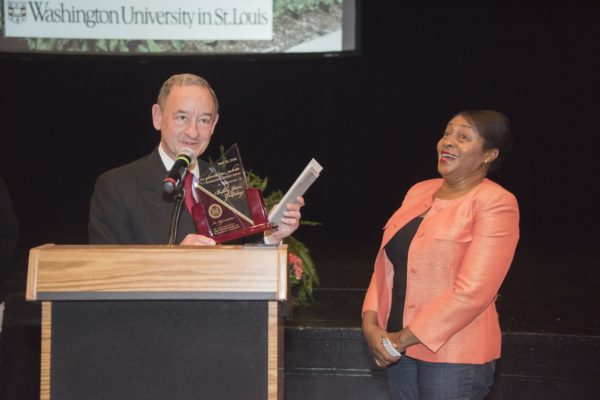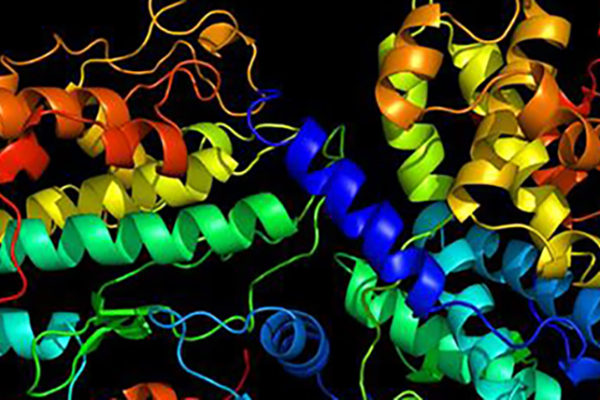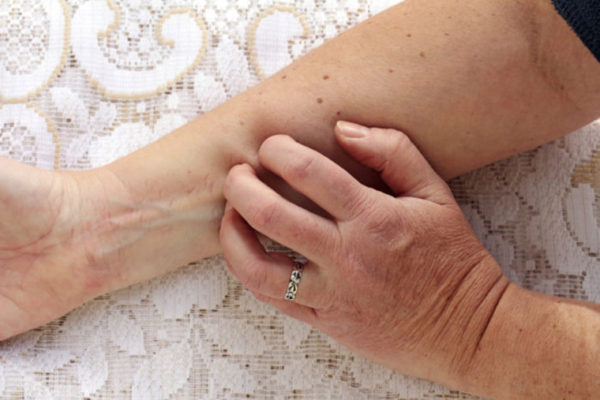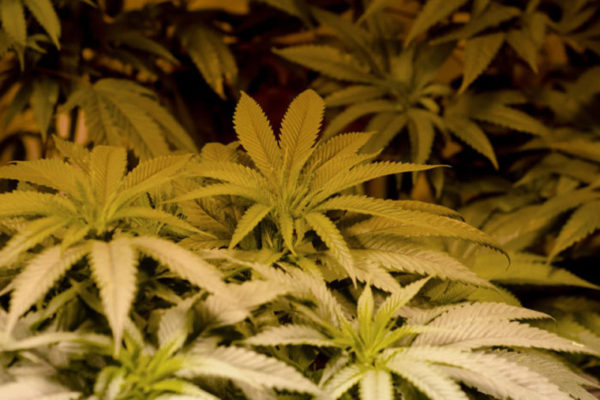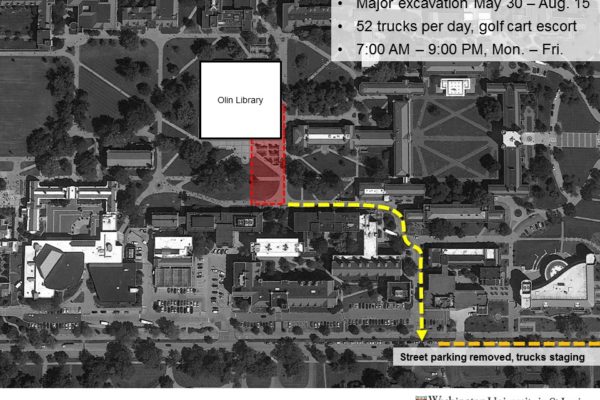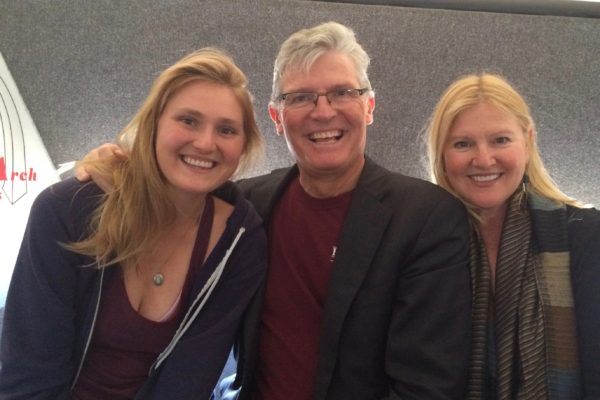Glenn appointed chief of Washington University Police Department
Glenn was chosen from a field of 60 candidates from across the country. He was selected for his stellar record, strong relationships with campus and community partners, and commitment to students.
Development of gut microbes and gut immunity linked
Studying twins from birth through age 2, scientists at Washington University School of Medicine in St. Louis have shown that the gut’s immune system develops in sync with the gut’s tens of trillions of microbes. The findings have implications for understanding healthy growth and, potentially, the origins of various immune disorders.
Obituary: Maggie Ryan, 2016 graduate, 22
Maggie Ryan, 22, died in a car accident Sunday, May 22, 2016, in Wayne County, Ind., on her way home to Boston, just two days after earning degrees in anthropology and in women, gender and sexuality studies from Washington University in St. Louis. Ryan was deeply committed to helping the Washington University community, serving as a leader of both Dance Marathon and Alpha Phi Omega service fraternity.
Golliday receives Gloria White service award
Bobby Golliday, coordinator of special programs for the Office of Undergraduate Admissions at Washington University in St. Louis, won the Gloria W. White Distinguished Service Award at the annual Staff Day celebration May 23 at Edison Theatre.
How to stop dividing cancer cells in their tracks
Researchers from Washington University in St. Louis and St. Jude Children’s Research Hospital in Memphis made a discovery that uncovers the molecular logic of how dividing cells are stopped in their tracks. The team zeroed in on a specific protein, whose job is to stop a cell from dividing or to slow the division.
Itching for no reason? Immune system may be at fault
People who suffer itching with no clear cause may have previously unrecognized immune system defects. In a small study of such patients, researchers from the Center for the Study of Itch at Washington University School of Medicine in St. Louis identified immune system irregularities that may prompt the urge to scratch.
As more states legalize marijuana, adolescents’ problems with pot decline
A survey of more than 216,000 adolescents from all 50 states indicates the number of teens with marijuana-related problems is declining. Similarly, the rates of marijuana use by young people are falling despite the fact more U.S. states are legalizing or decriminalizing marijuana use and the number of adults using the drug has increased. Researchers at the School of Medicine examine the data.
Danforth Campus construction update: Projects and timing
The Danforth Campus of Washington University in St. Louis will be buzzing with construction activity this summer. Crews will begin renovations on Olin Library and Bryan Hall, and start utility work in advance of upcoming enhancements to the East End of the Danforth Campus.
Powells commit $8 million to professorships in chemistry
Mike and Tana Powell, who have been actively engaged at Washington University in St. Louis since their daughter Landis enrolled in the Arts & Sciences Class of 2016, have committed $8 million to match gifts for endowed professorships in the Department of Chemistry and other critical disciplines.
Driving Discovery: Launching a new era of scientific research
A new era of scientific discovery is being launched at Washington University in St. Louis that will transform teaching, research, faculty and facilities in Arts & Sciences. Driving Discovery is an ambitious multiphase project in Arts & Sciences that will create new research and teaching facilities for the sciences.
View More Stories



